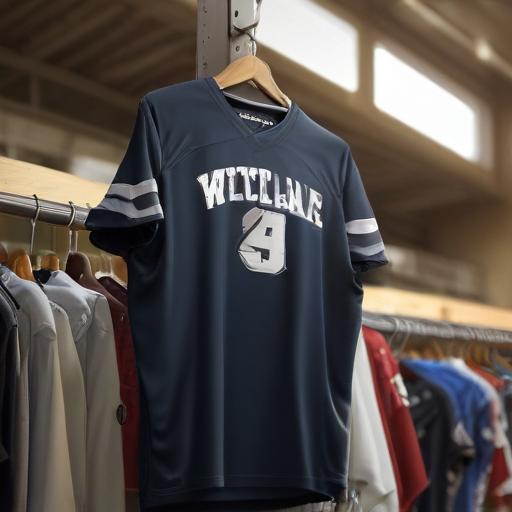President Donald Trump is preparing to sign an executive order aimed at establishing national standards for name, image, and likeness (NIL) initiatives in college athletics, as reported by CBS News. This decision comes on the heels of the introduction of the SCORE Act (Student Compensation and Opportunity through Rights and Endorsements) in the House of Representatives, which seeks to create a framework for protecting the NIL rights of student-athletes and promote equitable compensation within intercollegiate athletics.
The proposed act has the potential to implement federal standards for NIL legislation, which would take precedence over the existing state laws governing player compensation.
SEC Commissioner Greg Sankey commented on this development during an appearance on “SEC This Morning,” indicating he had no prior knowledge of any impending executive order. He noted President Trump’s significant interest in college sports, having attended games and previously discussed the idea of an executive order.
In previous months, Trump has demonstrated a commitment to shaping the future of college athletics. Reports in May hinted at his intentions to establish a college sports commission, led by influential figures like Texas Tech booster Cody Campbell and renowned former coach Nick Saban, to address crucial issues like NIL reform. However, these plans were later paused by the White House. A separate College Sports Commission (CSC) was formed following the House v. NCAA settlement, facilitating athletes’ ability to profit from revenue sharing.
The CSC, in collaboration with Deloitte, has also developed an online portal called “NIL Go,” allowing athletes to report third-party NIL agreements to ensure they align with fair market value and have a legitimate business rationale based on actual endorsements.
While college sports leaders and key figures, including Sankey and Campbell, are vocal advocates for NIL reform, the announcement of Trump’s order took them by surprise. Campbell expressed that he hadn’t been briefed on the executive order but remained open to the developments.
This move reflects the ongoing evolution in college athletics and presents an opportunity for a more standardized approach that could create fairness and transparency for student-athletes regarding their NIL compensation. The potential federal oversight may ultimately lead to a more unified landscape that benefits all stakeholders involved.
